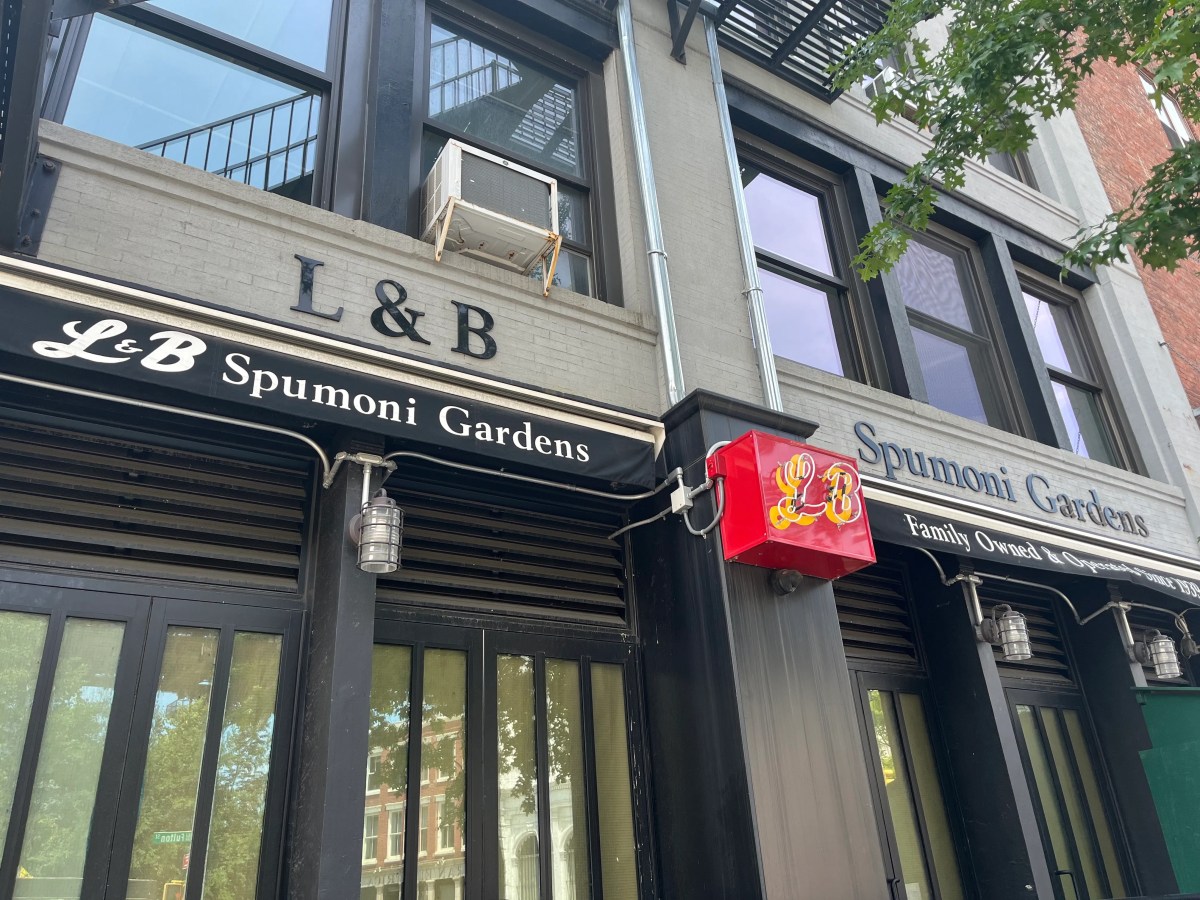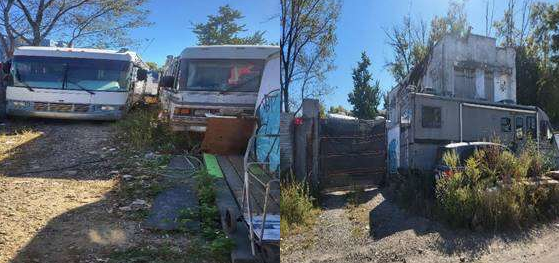State Supreme Court Justice Michael Stallman’s recent ruling on the Critical Mass rides seems to have had a noticeable impact on the Police Department’s response to the monthly event.
Last Friday night, police made only three arrests — while, in an apparent change of tactics, they also handed out 23 summonses, mostly for bicyclists riding through red lights, then let these cyclists proceed on the ride.
Stallman’s ruling may have finally done what no one else could achieve in the year and a half since the Republican National Convention, when the police arrested hundreds of Critical Mass bikers on a huge preconvention ride.
Like a federal judge before him, Stallman rejected the argument that the cyclists need to get a permit because, as the city contends, they are riding in a procession or parade.
However, perhaps more important, the justice offered some advice to both the police and Critical Mass — that the confrontation must be toned down. Or as Stallman wrote in his decision: “Mutual de-escalation of rhetoric and conduct, and a conciliatory attitude, may help the parties and the Critical Mass riders resolve the litigation.”
The city, though, has said it plans to appeal this latest decision. Yet, Stallman’s advice should be taken to heart. In the Critical Mass ride at the end of January, in the most frightening incident yet, two police officers on motor scooters collided and were thrown to the ground, suffering injuries. Striking the right attitude of co-operation, Luke Son, a Critical Mass rider who is an emergency medical technician, immediately offered assistance to the fallen officers. Ironically, Son was one of the three riders arrested last Friday night.
In addition to the police, there are things Critical Mass can do to help defuse the situation. For example, while most of the Critical Mass bicyclists generally don’t ride recklessly, there are sometimes a few who pull stunts like riding the wrong way down a street, putting themselves and oncoming traffic at risk. While free-spirited individuality is the name of the game on these rides, the cyclists should try to rein in bad behavior, since it only hurts their cause.
But beyond the ongoing drama of Critical Mass and the police, the city must do much more to make New York City bicycle friendly. After all, what will Mayor Bloomberg’s legacy on bicycles be — chasing around Critical Mass every month?
It’s no mystery what the city needs — for starters, more bike lanes, and not just bike lanes, but safe bike lanes. These can be achieved by painting the bike lanes’ surface a different color than the street and using bollards or real, substantial barriers to separate the lanes from car traffic.
So, the two catchphrases should be: De-escalate — as in cool down the confrontation between police and Critical Mass — and cogitate — or start giving serious thought to improving biking in this city, which lags so far behind European cities on this important transportation, environmental and quality-of-life issue.





































